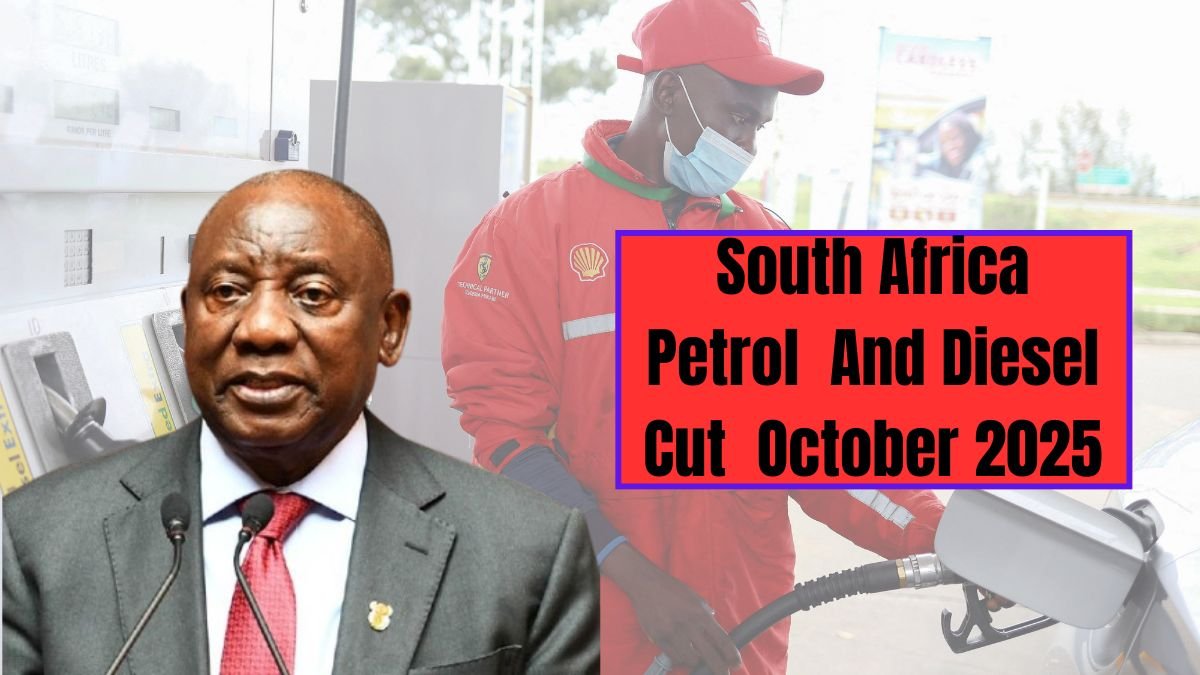Depending on a smokin’ raw October 2025, South Africa would be having a precarious forecast with petrol prices rising and diesel prices falling. In the lines below are expected changes and causes for those changes, along with the resultant effect on the consumer or company.
Mid-Month Forecasts
Price movements that have been forecast based on CEF and other media reports (Cars.co.za, IOL, BusinessTech) include:
- Petrol: Price increasing slightly can be expected for the forthcoming month. Prices of unleaded 93-octane petrol can go higher by roughly 8 cents per litre, 95-octane petrol price may be increased by as high as 16 cents per litre.
- Diesel: Instead of increase, slight price cuts are expected in the next month. Price decreases of about 9 to 10 cents per litre are likely for diesel grades 0.05% and 0.005%.
- Illuminating paraffin: Some forecasts even say it could go down by 14 cents per litre.
Prices given here are estimations for the mid-month, and the actual fuel price adjustment will be corrected by the DMRE toward the end of this month.
Why Changes Are Happening
A few points must be considered concerning minor changes in petrol hikes and diesel cuts:
- International Prices of Oil- Otherwise expressed, world crude oil prices (Brent, etc.) have been fluctuating between $65 and $70 per barrel. Such prices, not being very high, in their upward movement or in the perception of supply risk (like a rise in geopolitical tension), give way to under-recovery of petrol.
- The Rand-Dollar Exchange Rate- If the Rand is strong, then this works against higher import fuel costs. Above normal, diesel benefits from this; hence the cut. Petrol is helped by the Rand somewhat, but even more by increases in international product costs.
- Fuel Recoveries (Over/Under-Recovery) – Under-recovery refers to fuel suppliers not being charged sufficiently at the pump to cover their costs, such as freight, import, and so on. Being in the under-recovery state pushes petrol prices. Diesel is over-recovering, so prices are above supplier costs, easing losses by a decrease in prices.
- Deploying the Lely Price Increments Had Various Consumer and Business Effects as Necessities
- This kind of hike will definitely hurt petrol users. Maybe a little increase; but for its simple daily use, it adds to the grocery.
- Mostly, transport, logistics, and freight companies work with diesel fuel. This would also reduce their operating costs slightly, especially in the expenses of transporting goods. These costs could further down the line very slightly decline the costs of goods and services.
- In any event, the diesel generators are used by an employment that probably works for some residential purposes-can give some relief to the operators. On the other hand, lowering the cost of diesel means lowering operating costs to some of those power back-ups-would raise the price of paraffin.
- Those stores would need to change out their price displays and inform their customers accordingly. Alternately the smallest increase on petrol Car could bring changes in demand, especially with those that cross provinces or inland/coast locations.
Watch Out For
- Final Adjustment Date: The DMRE will announce official new fuel prices around the end of this month. The effective date, however, might be during the first or second week of October.
- Regional Variations (Inland Versus Coastal): Price changes differ with location. Coastal areas generally have lower transport or freight costs; thus, inland would face steeper changes.
- Exchange Rate Volatility: A sudden weakening of the rand would wipe out whatever price drop is expected for diesel or increase under-recovery for petrol. Drivers have to watch the rand very closely.
- Global Oil Market Surprises: Any disruption in supply (e.g., OPEC+, conflicts) would push up the price of international grade product more than that of petrol and diesel speculated.
also read: GEPF Announces New Retirement Age 67: What It Means For South African Workers
